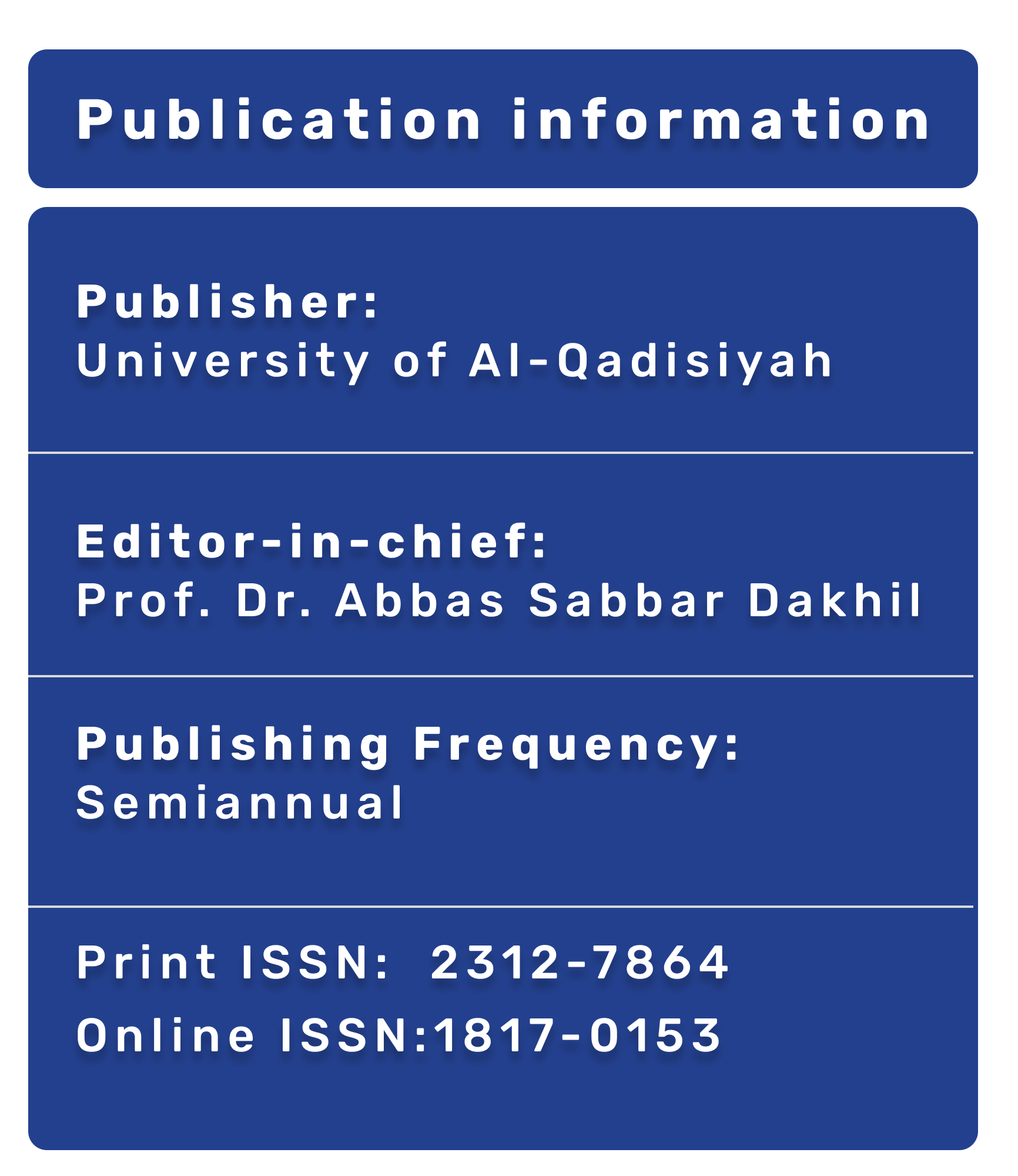Reproductive health awareness among Al-Qadisiyah medical students
DOI:
https://doi.org/10.28922/qmj.2017.13.24.55-66Abstract
Background:
Regenerative wellbeing focused on Millennium Development Goals won't be accomplished without enhancing information and mindfulness and access to conceptive wellbeing. Most of the youngsters have almost no information on what sexual rights they are qualified for. This review was expected to survey learning of regenerative and sexual rights and in addition related elements among Al-Qadisia medicinal understudies.
Objectives:
1-To evaluate the consciousness of regenerative wellbeing among Al-Qadisia medicinal undergraduate medical students.
2-To distinguish the socio-statistic variables adding to sexual and regenerative wellbeing and family arranging.
Material and Methods
A cross sectional review was directed from December 2015 up to the March 2016 with a specific end goal to know familiarity with Al-Qadisia restorative understudies about the regenerative wellbeing.
A disproportional strata randomization sample of (387) students was taken from the six departments of the college.
Questionnaire was designed to measure the phenomena " knowledge and awareness of students in college of medicine about the reproductive health" the final copy of the questionnaire consists of twelve main parts, the first part concerning of demographic characteristics, while the second part of the checklist contain age of marriage and conception ,the third part contain knowledge about reproductive health and family planning ,and other parts contain awareness regarding factors related to infertility, knowledge about abortion and reproductive health, knowledge about route of transmission of STIs, etc … .
Results
The vast majority of the study sample (50%) with age ranging (<21) years ,about (78%) were female, (98%) of students were single , on other hand the level of ‘awareness’ was (86%) regarding age of marriage and (80%) regarding conception , also about the importance of the premarital investigations, the most important investigation they know was ABO compatibility.
Regarding sexual transmitted diseases about fifty percent know and other fifty percent they didn’t know the transmission of some disease between couples through sexual contact., one quarter nominated AIDS as the disease that could be transmitted sexually and about two thirds they don’t know any other diseases, 42.4% they believed that STDs could cause infertility and 52.7% they don’t know about that. More than half ( 56.6% ) believed that contraceptive uses cause infertility.
Conclusions and Recommendations:
The study found that the level of ‘awareness’ was ‘good’ regarding age of marriage and conception , also about the importance of the premarital investigations, the most important investigation they know was ABO compatibility. fifty percent know and other fifty percent they didn’t know sexual transmitted disease, more than half believed that contraceptive cause infertility .
Based on the finding of this study the researcher recommended further studies should be conducted with a wide range sample and hold Programs that provide information about the reproductive health awareness.








